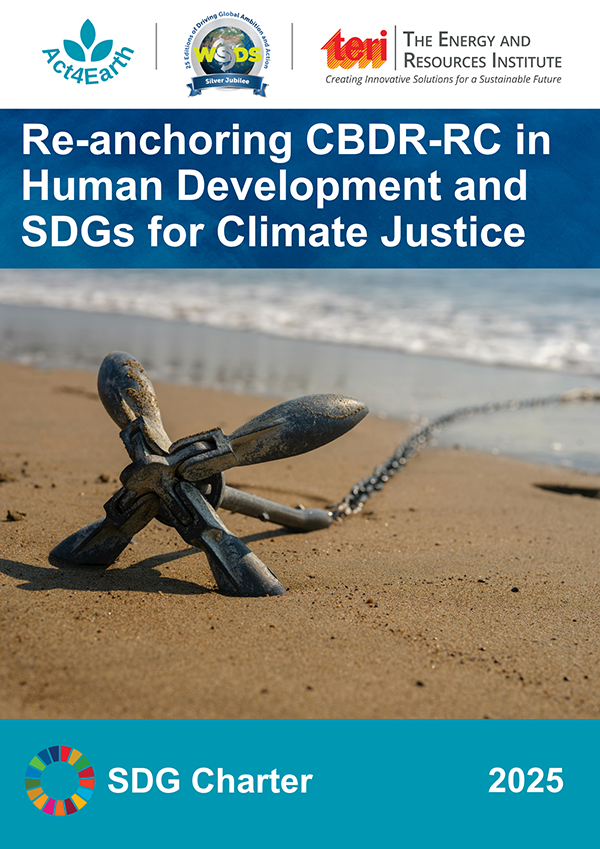Re-anchoring CBDR-RC in Human Development and SDGs for Climate Justice
The year 2015 marked a pivotal moment for global sustainability with the adoption of the Paris Agreement and the 2030 Agenda for Sustainable Development. Yet, the balance between climate ambition and development remains uneven. The United Nations Framework Convention on Climate Change (UNFCCC), through Articles 3 and 4, enshrined the principle of Common but Differentiated Responsibilities and Respective Capabilities (CBDR-RC), linking equity to sustainable development and the means of implementation. This paper examines the interlinkages between human development and energy consumption to operationalise CBDR-RC in the contemporary context. It proposes an energy-consumption- and Human Development Index (HDI)-based zoning framework as a tool for applying CBDR-RC in practice and argues for a renewed multilateral compact that bridges the gap between the Sustainable Development Goals (SDGs) and global climate objectives. This zoning system can serve as a basis for designing equitable energy and climate policies by linking HDI improvements with sustainable energy use thresholds, forming the empirical foundation of a “Zone of Climate Justice”.

